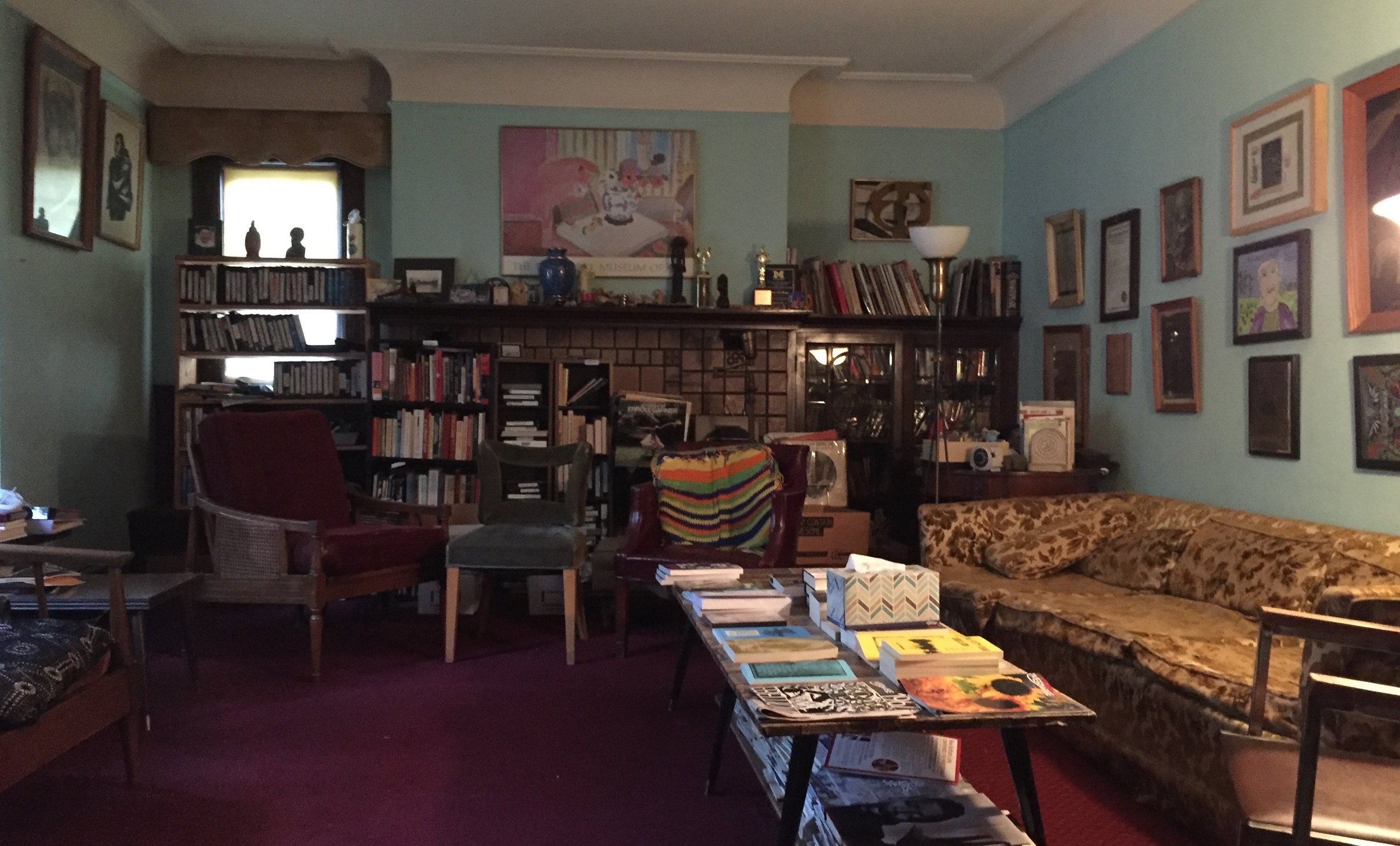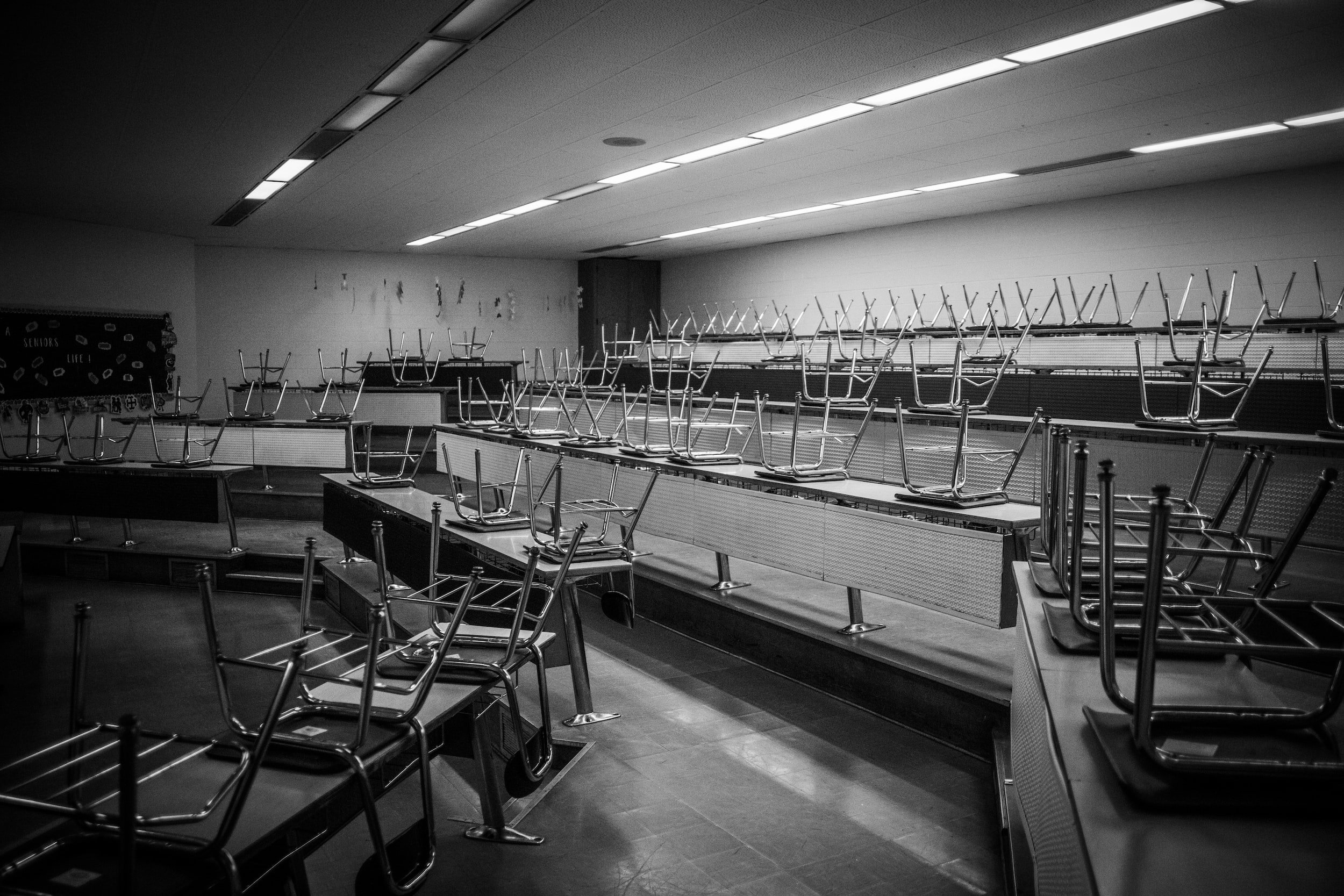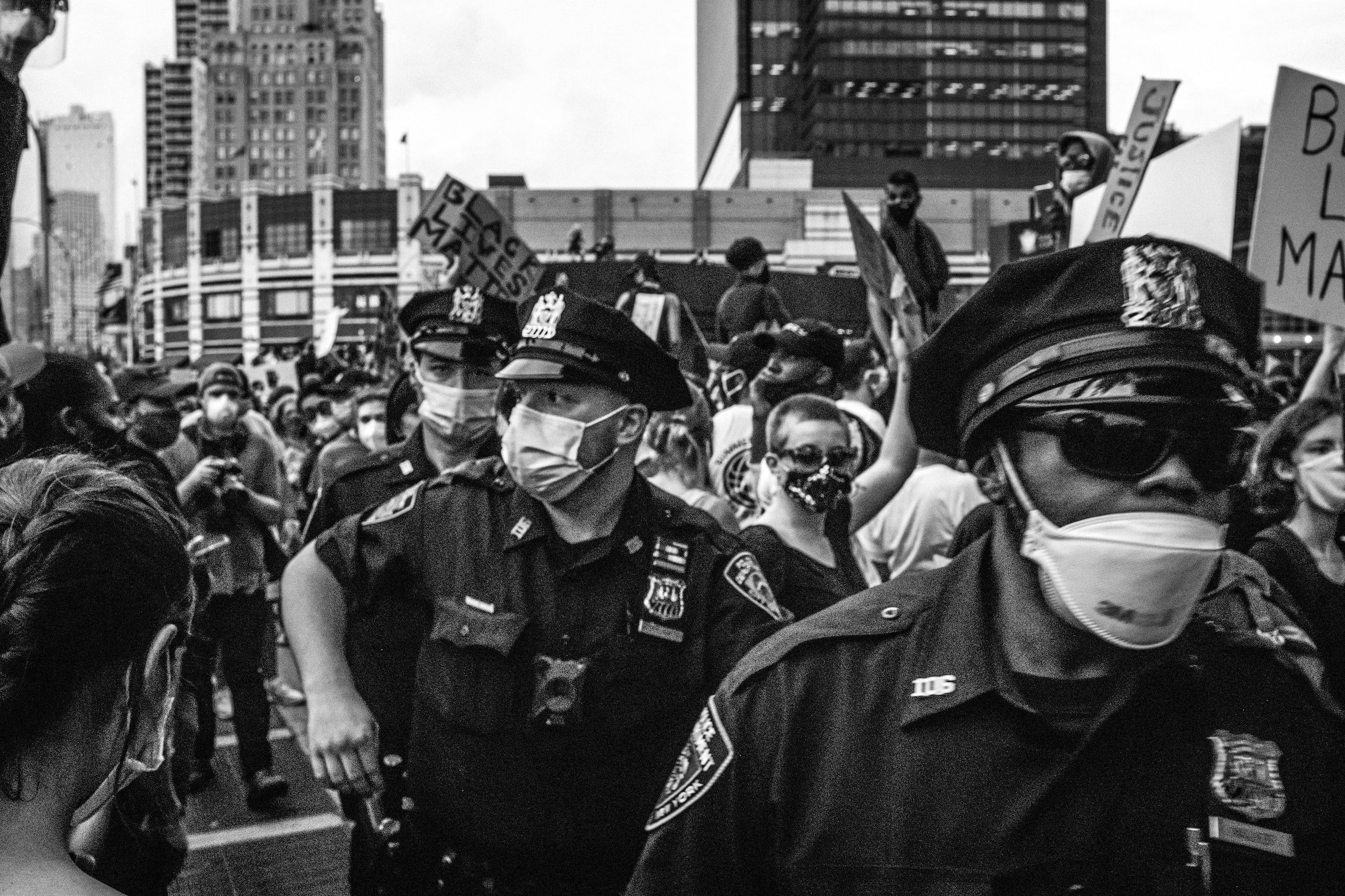
Living for Change is a weekly newsletter that provides the perspective and activities of the Boggs Center and related organizations. Thinking for Ourselves is a weekly column exploring issues in Detroit and around the Country. The column was originally published in the Michigan Citizen.

Detroiters’ Bill of Rights
This week a strong community-based coalition brought together by Detroit City Council President Pro Tempore, Mary Sheffield and Council member Raquel Castaneda-Lopez introduced a Detroiters’ Bill of Rights that they want to see included in the revisions to the City Charter.

Violence Must Stop
A group of community organizations banded together to demand an independent investigation of the Detroit Police Department and the killing of Hakim Littleton. The group recognizes a pattern of excessive force against the community by the Detroit police. In calling for an independent investigation the organizations dispute the characterization of the killing as justified. They produced a counter-video explaining, “members of the community are left with many questions, not the least of which is whether the death could have been avoided altogether if officers had used the law enforcement profession's best practices and employed de-escalation techniques.”

Questioning School Opening
As people across the country struggle with the question of whether or when to open schools, a new study from South Korea was released, raising serious concerns. The study documents the likelihood that reopening schools will trigger an increase in Covid-19 cases. Many people have been counting on the fact that children under 10 appear to transmit the disease much less often than adults. This latest study, however, points out that, while this is likely true, the risk is not zero. Moreover, children between 11 and 19 can spread it at about the same rate as adults.

Chief Problems
The police killing of Hakim Littleton is reverberating in our community. Within hours of Mr. Littleton’s death, Police Chief James Craig released body camera images of the shooting, saying it was essential to provide facts to counter mis-information being spread on social media. The slow motion video appears to show Mr. Littleton raising his arm and shooting at a police officer. It then shows Mr. Littleton falling to the ground and officers moving toward him, shooting. In the space of about 5 seconds, Hakim Littleton was dead.

Choosing Sides
This week many people around the country watched members of the Detroit Police Department drive their car into a crowd of peaceful protestors, causing serious injuries. This has prompted renewed criticism of the Detroit Police, Chief Craig and Mayor Duggan, especially after their heavy-handed responses in the first days of action after the killing of George Floyd.

Facing Technology
This week the debate against surveillance technology in the hands of police took a deeply human turn. The ACLU of Michigan filed a complaint against the Detroit Police Department on behalf of Robert Williams, who was wrongfully identified, arrested at his home in front of his wife and daughters, and held in police custody for 30 hours. He was accused of stealing five watches from Shinola. He was released on bail, and ultimately the County Prosecutor, Kym Worthy, offered an apology saying, " This case should not have been issued based on the DPD investigation, and for that we apologize. Thankfully, it was dismissed on our office’s own motion. This does not in any way make up for the hours that Mr. Williams spent in jail.”

Choosing Sides
Mayor Duggan and some members of the City Council are out of step with the majority of the people of Detroit. Increasingly, the Mayor and some on the Council are sounding like Donald Trump in the face of growing protests against racism and police brutality. They are accusing protestors of “terrorism” and refusing to look seriously at the issues being raised by people on the streets.

Mundane Evils
As protests mount in streets, people across the country are engaging in unprecedented efforts to rethink what it means to create safe communities. At the same time, the ordinary machines of governing continue to function, moving from the mundane to outright evil.

From Reform to Abolition
As protests continue globally to express outrage over the police killing of George Floyd, the conversation is shifting from reform to abolition. This is a critical shift, raising the possibility of creating real community safety, provided by community members who care for one another.

Not One More
One week ago, we tried to grasp what it means to have lost more than 100,000 people in a little more than 100 days. How do we comprehend the depth of this horror? The sheer enormity of the pain and suffering of people makes it difficult to absorb. How do we grasp the stark racism carried daily in numbers reflecting the death toll in African American communities far outstripping those in white, wealthier areas? Many of us felt our hearts could hold no more anguish.

Water Connections
In the last six months Michigan has experienced two potential nuclear disasters. Both were due to rising flood waters. In late November the Revere Dock collapsed, spilling unknown amounts of limestone and aggregate materials. In the course of the investigation of his spill, it was discovered that the site also stored nuclear waste material, forgotten by the most recent owners. The Environmental Protection Agency has since found uranium, lead, toxic chemicals and heavy metals in water samples at the site.

Close to Home
The failure of the federal government in the face of this global pandemic has created a space for protective, positive actions at the state and local levels. Across the country governors, mayors, and city councils have been stepping forward to respond in thoughtful and innovate ways. The orders to slow the spread of the virus came from governors, with Gavin Newsom of California, Jay Inslee of Washington and Andrew Cuomo of NY offering early, forceful actions with stay at home orders, closing businesses, and providing real, concrete information to people. Michigan joined the effort with aggressive shelter in place strategies as we suffered tremendous losses of life.

Questioning Science
For many of us, the new-found effort to base decisions on data is a welcome change from ideologically driven pre-pandemic politics. Michigan Governor Gretchen Whitmer and Chief Medical Executive Dr. Joneigh Khaldun insist they will continue to work with experts and provide fact based, data driven approaches to decisions, especially about reopening the economy.

Bankruptcy Consequences
For many Detroiters, Senator Mitch McConnell’s comments that states should consider declaring bankruptcy was as frightening as that of the President’s pushing bleach to cure Covid-19. Certainly, it is as ill-informed.

Expanding Imagination
This week our attention has been on the question of how the State of Michigan will begin to “open up” as the number of deaths and instances of the disease decrease. Governor Whitmer extended her stay-at-home order through May 15 as the total deaths in the state reached over 3,300 and the number of cases approached 40,000. Meanwhile, Georgia, Alaska, and Oklahoma are reopening. Almost everyone is watching these moves with caution as the country marks the loss of more than 50,000 lives. No one thinks life will return to what we remember any time soon.

Community Task Force Needed
A group of civil rights attorneys have asked Governor Whitmer to establish a community-based task force to oversee Detroit water restorations. In an April 7th letter to her, they noted, “With both the rates of infection and deaths from Coronavirus increasing daily in Detroit, the urgency to promptly identify all occupied homes where water service remains terminated is critical.”

Choices Matter
For more than 400 years, the decisions made by the powerful in this land have been to increase economic benefits over human life. From the onslaught of violence against indigenous peoples to the human horrors of slavery, the economic well-being of some has been secured at the expense of the many. Over the centuries, this way of thinking has become commonplace. As James Boggs often said, “We are economically overdeveloped and politically underdeveloped” as a culture.

Water Games
Mayor Duggan assured the city that he has restored water to everyone who has been shut off at his daily Covid-19 briefing on Friday, April 3. He praised the Detroit Water and Sewerage Department for restoring water to 1,100 households.

Valuing Life
For the second time in less than two decades, the US economy has collapsed. Each time, the government and forces of finance have joined together to craft a “bailout.” This time it is several trillion dollars. This time, it took only a few weeks to reveal the shallow, brittle, and often brutal nature of an economic system based on extraction, high tech controls, violence, and constant, unnecessary consumption. The political leaders who told us we cannot afford universal health care, living wages, and the Green New Deal, all allocated the trillions to shore up this economy. Efforts to protect the lives and well-being of ordinary people were minimal, resisted by the most ardent of neo-liberal republicans. They continue to worry that government support for life will “erode” our will to work.

After This? Care
What will our world look like after this virus? This is the question we all need to be talking about now, even as we struggle with managing our new day-to-day reality. One of the most hopeful signs that we can come out of this crisis better than how we went into it is the emerging recognition of how interdependent we are on one another for our health and well-being. For example, this week in New York, facing the most severe outbreak of the escalating virus, Governor Andrew Cuomo offered a version of what is becoming a commonly understood value. He said simply, “We need everyone to be safe. Otherwise, no one can be safe.”
